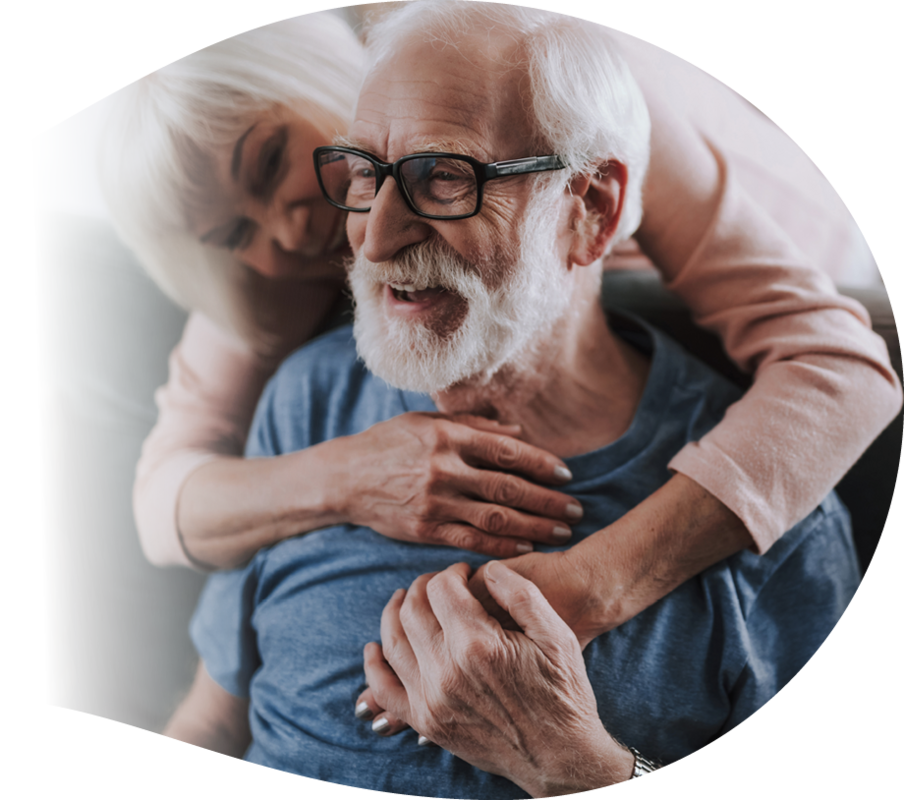Patient Stories
Not alone with urological diseases
Finally a self-confident child.
My son, 6 years old, is a very bright boy. When cycling and playing football, he's constantly on the go. He also knows a lot about lizards and fish. Before going to sleep, we always read books about them together. But, for some time now, a certain tenseness has been creeping into our evening ritual – because my son sometimes wets himself at night. He also hasn't wanted to sleep over at grandma and grandpa's anymore, because they put pressure on him because of this.
He'll be starting school soon, so we visited our paediatrician. First of all, the paediatrician gave my son the all-clear that there was no physical damage and sent us to a urologist. After an extensive physical examination, he asked many questions and had my son keep a bladder diary. 6 weeks later, we had the next appointment. When evaluating the bladder diary, the doctor noticed that my son also goes to the toilet frequently during the day (up to 13 times) and that the amount of urine stored in the bladder was too small for his age. I also noticed that he often runs very fast to the toilet.
In addition to many behavioural tips, the doctor suggested urine therapy and, on the next visit, recommended taking a medicine that increases bladder capacity. My son has been taking this medicine for 8 weeks now and we notice that he doesn't have to go to the toilet so often during the day, and especially that he doesn't have to rush so much any more.
We've just finished the bladder diary, which we have to take to the doctor next week. Now my son goes to the toilet only 8 times a day and can already store 30ml more urine in his bladder. And we haven't had a night-time "incident" in four weeks. I'm glad we got help from a doctor. Now we can relax and read the books before we go to sleep and my son can enjoy staying over with his grandparents again.

Happy Life - Despite Prostate Cancer.
My name is Holger, I am 69 years old. Last year, at my wife's insistence, I went for an early detection examination. I actually didn't want to go, I was uncomfortable with it for some reason. But today I'm glad I listened to her. I was diagnosed with elevated PSA levels at the time.
A few more tests were carried out and the suspicion that I might have prostate cancer was confirmed. After an intensive consultation with my treating urologist, a biopsy (tissue sample) was taken. Unfortunately, the biopsy showed an advanced hormone-sensitive prostate carcinoma. My doctor explained to me that in this case it was possible to positively influence the course of the disease with the right medication and slow its progress.
It was a difficult time, especially for my wife and our family. And yet I feel very well taken care of by my urologist, on the one hand. He explained to us what was going on with me in a way that was easy to understand. And on the other hand, the so-called LHRH therapy (with buserelin) is working well for me. My testosterone levels and therefore my PSA levels were successfully lowered. Currently, it appears that the progression of cancer has been significantly slowed or even stopped.
I have my PSA and testosterone levels constantly monitored and of course I take buserelin continuously (every 3 months). But above all I am able to intensely enjoy my time with my loved ones. I advise all men to take regular precautions, because there are many ways to deal with the disease. Sure, I can't plan with complete freedom any more, but with buserelin it's even possible to exceed the prescription. This means I can extend my vacation by up to three weeks to see more of my grandchildren and still be safe.
